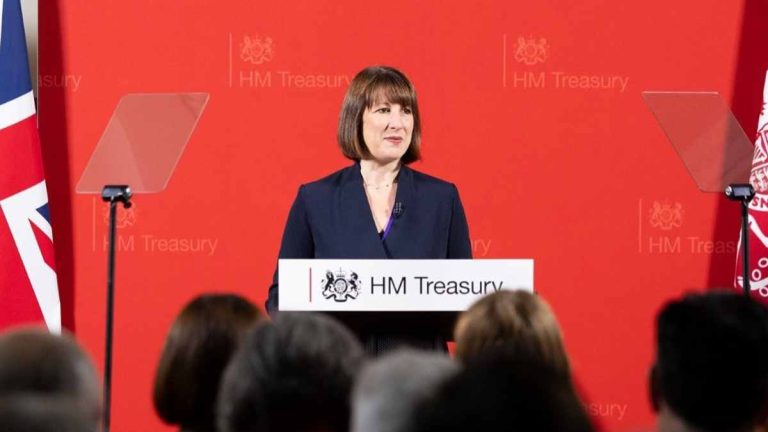Rachel Reeves faces significant challenges in her upcoming October Budget as UK government borrowing figures exceeded predictions. The latest data revealed that the government borrowed £20.5bn last month, the highest September borrowing since monthly records began in 1993, and £4.7bn more than the Office for Budget Responsibility (OBR) forecasted in March.
Public debt is now at its highest level since the 1960s, adding pressure on the government to manage its finances as spending continues to rise.
Darren Jones, Chief Secretary to the Treasury, attributed the borrowing surge to what he called the “dire” economic situation inherited from the Conservative Party. On the other hand, the Conservatives have defended their economic track record, highlighting that the UK was the fastest-growing economy among the G7 nations in the first half of 2024. Despite this growth, the government’s increased spending on inflation-linked benefits and higher public sector wages has contributed to the ballooning costs.
Isabel Stockton, a senior research economist at the Institute for Fiscal Studies (IFS), warned that the better-than-expected economic growth would not be enough to ease the fiscal pressures facing Reeves in her first Budget as Chancellor. She noted that while the economy showed signs of resilience, this would not significantly alter the tough financial choices ahead.
The borrowing figures also fail to account for the full impact of public sector pay rises announced by Reeves last month. Peter Arnold, Chief Economist at EY UK, explained that the government might face further financial strain due to the combination of higher-than-expected wage increases for public sector workers and overruns in other non-labour costs across various departments.
Compounding this is the pressure stemming from Jeremy Hunt’s medium-term spending plans, which suggest annual cuts of 2.3% for non-protected government departments. Most economists have raised concerns that these targets are unrealistic and will likely lead to even more financial challenges for Reeves and her Budget strategy.
With public debt continuing to rise and higher spending demands on the horizon, Reeves faces difficult decisions as she prepares to outline her Budget plans. Economists and financial experts have pointed out that the government must balance fiscal responsibility with its spending obligations, especially given the increasing strain from wage rises, inflation, and departmental overruns. Reeves will need to carefully navigate these pressures to avoid worsening the UK’s borrowing situation in the months ahead.


